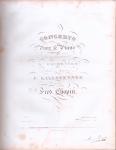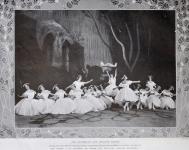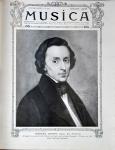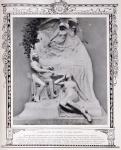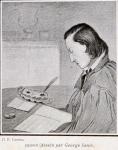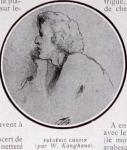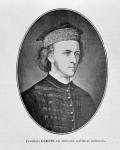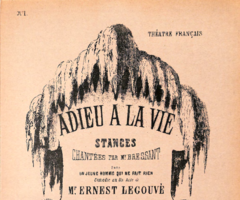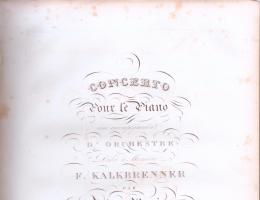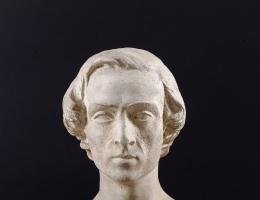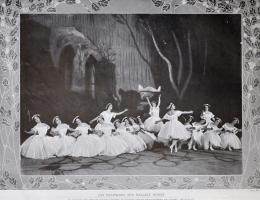
Frédéric CHOPIN
1810 - 1849
Composer, Pianist
Although Chopin was undoubtedly Poland’s greatest artistic ambassador in the nineteenth century, he was nevertheless deeply attached to France. His father, who taught French language and literature in and around Warsaw, was born in Lorraine. As an enlightened spirit the latter made sure that his son received a sound general culture and he did nothing to stand in the way of his artistic aspirations. After learning the rudiments of piano playing with his mother, Frédéric went on to study with Wojciech Zywny, before joining the classes of Würfel (piano) and Elsner (composition) at the Warsaw Conservatory in 1826. He was a child prodigy and was soon described as “the Polish Mozart” – recognition that was all the more significant since his country, then under Russian domination, aspired to independence. Having successfully completed his studies, in 1829, he decided to leave Warsaw. He was in Vienna at the time of the Polish insurrection of 1830-31, and it was there that he learned that it had been put down. In Paris, where he arrived shortly afterwards, he threw himself into the whirl of society life, showing in the salons all the brilliance of his extraordinary talent as a virtuoso and improviser. He got to know many artists, from the cellist Franchomme to the painter Delacroix, not forgetting the writer George Sand (Aurore Dudevant), with whom he had a tumultuous affair from 1838 to 1847. A genius struck down by illness, broken-hearted at the sufferings of his homeland, Chopin seemed to be destined for the great pantheon of Romanticism. His works, devoted almost exclusively to the piano, are sensitive and at the same time revolutionary. They made a lasting impression on many French artists, including Fauré, Debussy and Ravel.

